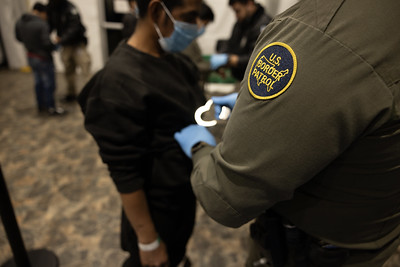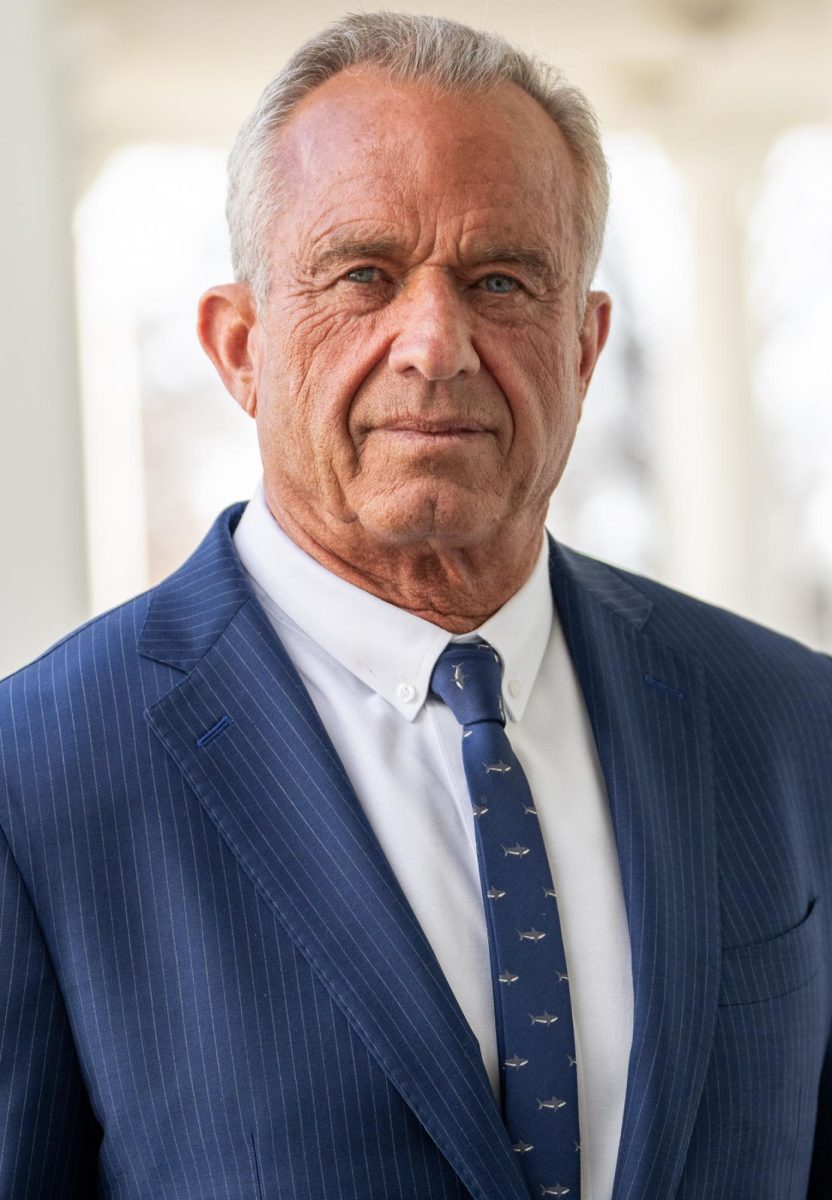Four years ago I was a part of the Student Senate when the first modern direct election of the Student Body President took place. Two years ago I ran as a candidate against incumbent President Ryan J. Fox. Last year I took on the responsibility of ensuring the promotion of the election to the student body. Today I live in Wisconsin, but I’m still in touch with many friends who are still involved on-campus at Northeastern and keep up-to-date on what’s going on through social media.
I was disappointed when I heard that the Republicans, Democrats, and Political Science Student Association pulled out of supporting a debate where candidates Sean P. Maloney and Michael W. Sabo could discuss ideas, answers, and platforms before the students. In a release the groups say they pulled support because SGA President Fox ignored ideas of compromise, would not allow them access to debate questions in advance of the debate, and decided that he would serve himself as an impartial moderator. I’ve seen Fox take a hard line before. In the past I was often on the opposite side of the line from him. Sometimes he was on the wrong side and sometimes I was on the wrong side. This time, though, Fox, who was entrusted by the student body in last year’s election to make the tough decisions on their behalf, made the right call. Last year, access to debate questions wasn’t controlled well. As a result, it was suspected that one or both candidates gained access to the questions in advance, defeating the spirit of the debate that they would be put on the spot and expected to provide straight answers to the student body. President Fox is intelligent enough to not repeat the mistakes of the past. Additionally, it was alleged that the groups wanted the right to reject questions. This is a disservice to the student body. If someone comes up with a question, the student body has the right to hear answers from the candidates. The groups also alleged that Fox is setting a bad precedent moderating the debate as the incumbent President. If this is really a bad precedent, then it’s one that was set four years by former SGA President Rogan O’Handley, who moderated a debate between Presidential candidates in 2007. Fox did not simply disregard and “blatantly ignore” ideas of compromise as the groups allege. Rather, Fox heard their ideas, and then made a decision to move forward in a manner consistent with the best interest of the student body and in a way that would best preserve the integrity of elections. Remember, the buck stops with Fox – if something goes wrong, he’s the one that the student body will hold accountable.
With the last four direct elections of the Student Body President that I witnessed or took part in, not a single election went entirely smoothly. Nevertheless, the challenges of having an elections process move from fewer than 100 voting for the leader of the Student Body to more than 15,000 voting have always been deemed worth it and every year candidates and others put forth hundreds of hours of work and effort into enabling the student body at Northeastern to have the opportunity to choose their leader directly. This year, the Senate made the wise decision to expand the process to include student referenda. One referendum on the ballot, if passed, will give students even more direct control, by mandating that the entire student body and not just the Student Senate have the opportunity to vote to choose the Executive Vice President of SGA. I support this referendum – during my time as a Northeastern student, I would have been happy if I and every other undergraduate had the ability to vote for the Executive Vice President of SGA. I hope that in the future direct elections can expand to all SGA e-board positions so that future Huskies are better empowered and better represented.
In an ideal system, 100% of the student body would cast votes. However, achieving 100% voter turnout is something that even the United States government with this multi-trillion dollar budget and ability to generate its own capital cannot achieve. The 2008 election that put Barack Obama in office, for example, had less than 57% turnout. Many say they’re turned off from voting because the political process is too confusing, corrupt, or filled with shenanigans and tricks. My advice to current students is to get educated and look past political spin, shenanigans, or petty fights, and cast your votes in the way that will most benefit you and your fellow Huskies. Think about what issues you care about or support, and then find out the positions of the candidates. Vote for the person who will give you the results you want, and if neither candidate can give you the results you want, use the “No Confidence” option to cast a vote against both of them. You have a voice – let it be heard.
– Matthew Soleyn is a former Public Relations Director for the Student Government Association and 2010 NU graduate.









